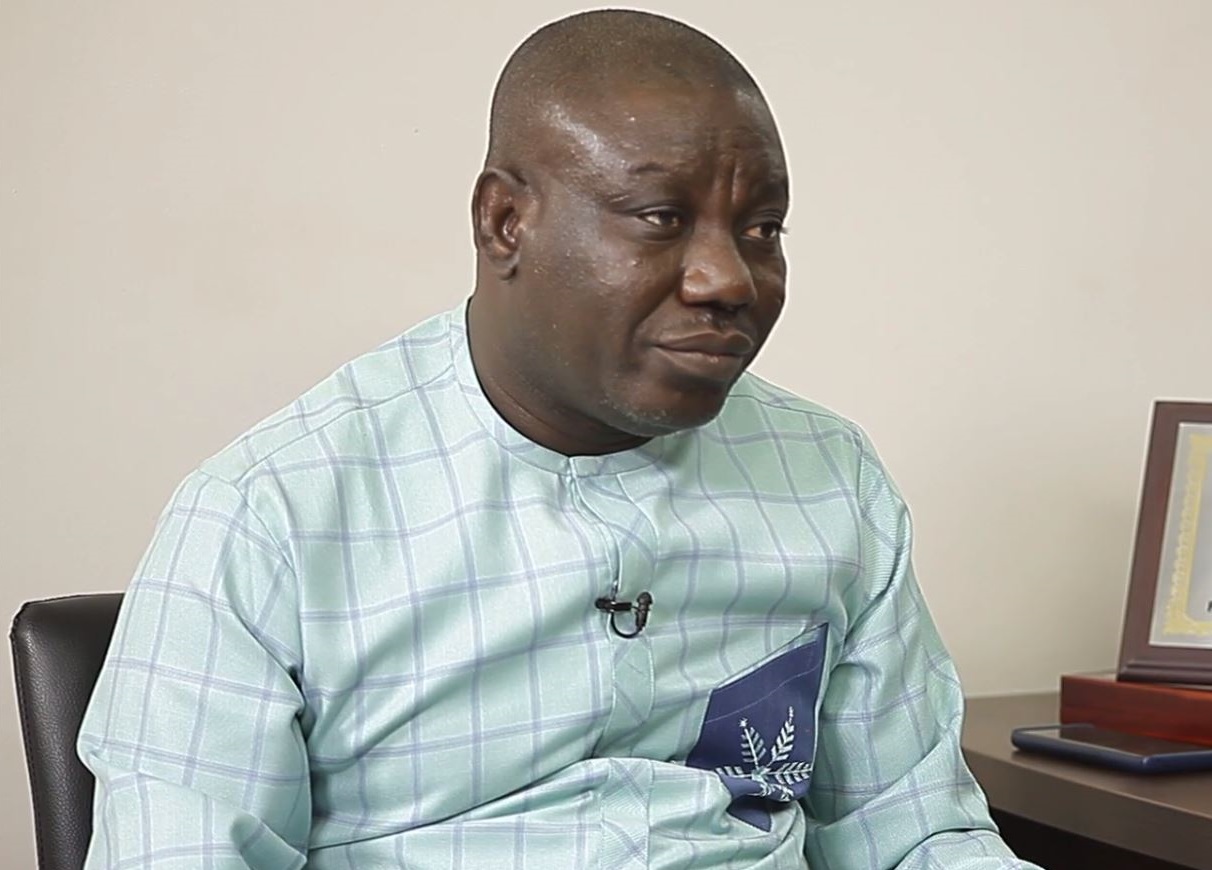Economy’s red flags-Growing public debt, Widening fiscal deficit – Adongo
The country’s growing public debt, which stood at GH¢205 billion as at the end of July 2019, remains the biggest worry for the International Monetary Fund (IMF).
At a recent meeting with the Finance Committee of Parliament, the team from the Bretton Woods Institution expressed concern about the high rate of debt accumulation by the country which is as a result of the government’s inability to mobilise enough domestic revenue to finance its activities.
Speaking in an interview, a Member of the Finance Committee and the Member of Parliament for Bolgatanga Central, Mr Isaac Adongo, said the position of the IMF had not changed from the last visit, as the Fund was still worried about the rate of debt accumulation in the country.
“The IMF is very worried about the growing public debt which is not supported by any investment in capital expenditure.
“They are worried that Ghana, based on a recent debt sustainability analysis, is now classified as basically the only country in sub-Saharan Africa that is at risk of high debt distress,” he stated.
Fiscal risks
He said the Fund was also worried about the rising fiscal risks in the country.
“I’m talking about the inability to raise sufficient revenue to fund the budget which is leading to a widening of the deficit target.
The government’s fiscal deficit target for the first six months of the year widened from the projected 2.9 per cent of GDP to 3.3 per cent of GDP.
This led to the upward revision of the end of year fiscal deficit target from 4.2 per cent of GDP to 4.5 per cent.
Mr Adongo said the widening of the deficit meant the country was beginning to slip back on its fiscal consolidation efforts which was a major concern to the IMF.
“This will mean that we will have growing debt levels which will wipe out our fiscal space. This, coupled with the challenges of raising revenue, will mean that our rate of debt accumulation going forward is going to rise significantly and the IMF is obviously worried about that,” he said.
Slowdown in economic growth
The Minority Spokesperson on Finance also noted that the IMF team was very clear that the country’s economic growth had slowed down.
“The revised growth that was originally projected at about 8.8 per cent is now being projected to slow down to between 5.6 per cent to seven per cent.
“If you consider that about a year earlier we were growing at about eight per cent, then that is a slowing down of economic growth. And this is underpinned by three consecutive quarters of slowdown in economic growth compared to 2018 as released by the Ghana Statistical Service.
“So a major red flag from the IMF was the fact that the growth of the economy is slowing and that tells you that the level of economic activities that is required to elevate people out of poverty and to get people to earn a living are beginning to dwindle,” he said.
Collateralisation of future revenues
He said another area of concern to the Fund was the collateralisation of future revenues.
“You noticed that the government is currently borrowing on account of future revenues.The GETFund proceeds are going to drop significantly because a lot of it would have to finance the ??US1.5 billion?? that the government is raising for GETFund now and mineral royalties are going to disappear because the money will be used to finance the US$750 million of royalty income for the next 10 to 15 years that has been mortgaged.
“There is also the mortgaging of some minerals that are yet to be produced, with regard to the Sinohydro deal which will mean you are going to see revenues that were supposed to come to the state but those revenues have already been spent,” he explained.
“So how are we going to fund development going forward?And the IMF is clearly very worried about that,” he stated.
Impressed with economic management
The Chairman of the Finance Committee of Parliament, Dr Mark Assibey-Yeboah, addressing the media after the meeting. said overall the IMF were impressed with the management of the economy.
“Inflation is now at 7.8 per cent and if you look at the trend over the past 13 months or so, it’s not expected to rise,” he said.
He said the team from the IMF also praised the country for the smooth nature in which it had undertaken the banking clean-up exercise.
“Regarding the banking sector clean-up, what I gathered from them was that the whole process had been smooth and it really amazed them,” he said.
“For you to resolve all these banks, microfinance institutions and savings and loans companies within a short period and still have financial stability, those at the helm must be doing something fantastic. What they have achieved is amazing,” he added.
Article IV consultations
The 12-day Article IV Consultations, which ended last Thursday, formed part of the IMF’s mandatory multilateral surveillance for all member countries.
They are the first Article IV Consultations since Ghana successfully exited the four-year IMF-supported external credit facility programme in April.



